Cengage is incorporating game-based learning into its economics courses, thanks to a new deal with MobLab. The partnership will integrate application-based games into Cengage's flagship offering, MindTap, for digital coursework.
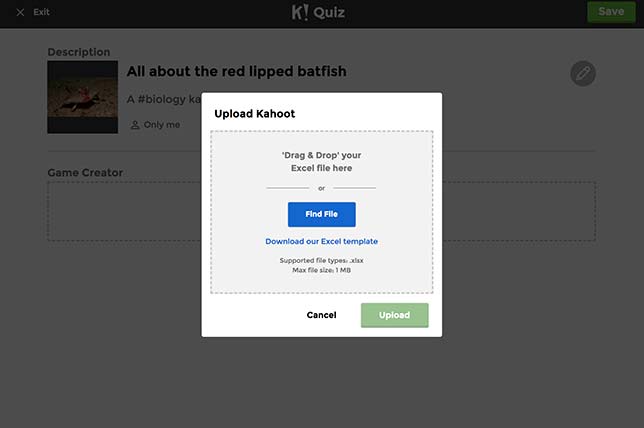
Kahoot has released an update to its popular classroom response platform. The new version adds a spreadsheet importer and several UI enhancements.
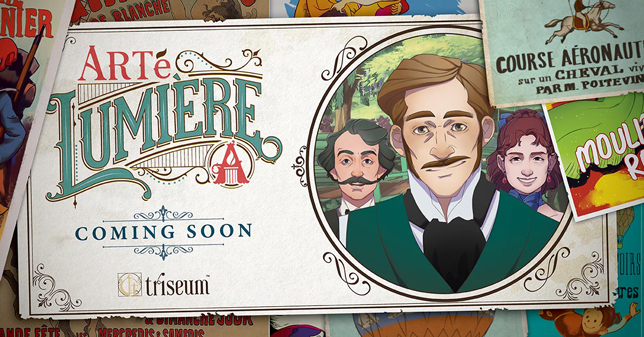
This fall, Triseum is expanding its ARTé video game suite with two new art history games that immerse students in the history and creation of art and architecture around the world.
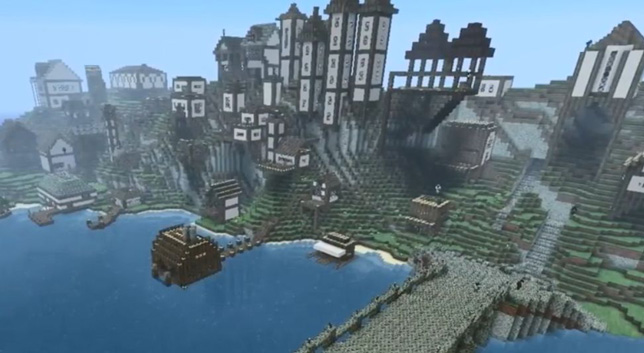
A competition hosted by the NYU Tandon School of Engineering is challenging humans to create algorithms for producing adaptive settlements in Minecraft. (These are the villages and cities and other environments that players create at will in the online game.) The competition addresses a fairly new area of inquiry for machine learning in games: how to develop algorithms that can design rather than play.
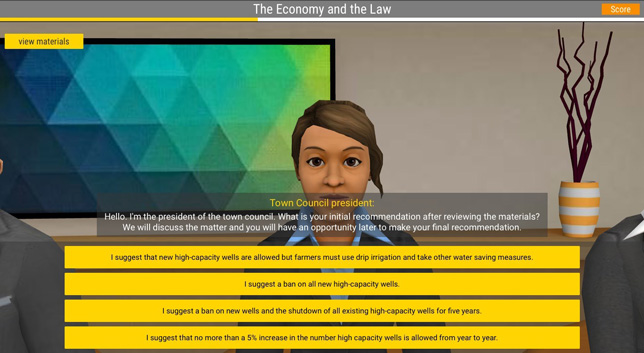
McGraw-Hill Education has added more than 50 game-based learning activities to its digital course materials. The company worked with Muzzy Lane Software to develop simulations that "provide opportunities for students to apply their learning in experiential situations that mimic real-life work scenarios," according to a news announcement. Students access the content via the McGraw-Hill Connect digital learning platform.
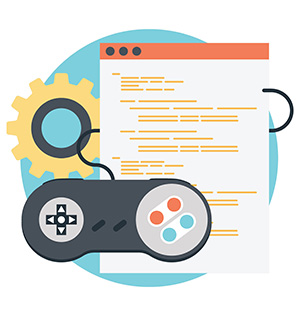
Students from the Rochester Institute of Technology took the two top spots in the student developer category of the New York State Game Development Challenge. Sponsored by Empire State Development, the challenge asked students and independent game developers to submit ideas for games, prototypes, business plans, mentorship plans and development timelines. The competition was hosted by R.I.T.'s Center for Media, Arts, Games, Interaction and Creativity, a facility focused on fostering innovation, entrepreneurship and regional economic growth (and winner of a 2017 Campus Technology Impact Award).
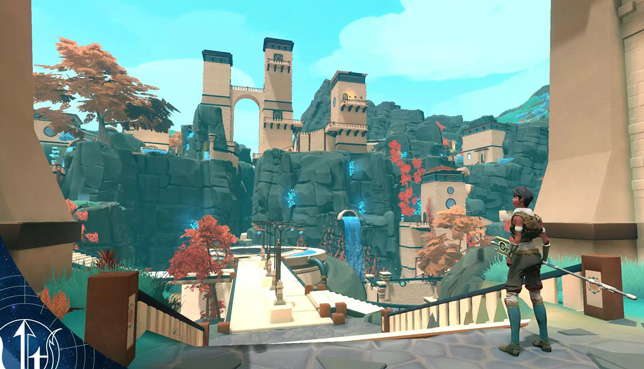
When Giulia Bini introduced the use of a video game in her high school calculus class, she saw a 100 percent pass rate on testing about limits compared to 80 percent in the previous year; plus, grades rose by 10 percent. The game she used, Variant: Limits by Triseum, places players on an imaginary planet. To rescue the planet from "imminent doom," they help "Equa," the main character, solve a series of increasingly tough calculus problems.

Researchers don't agree on the inclusion, but gaming has just been added to the latest draft version of the next International Classification of Diseases.

Rochester Institute of Technology's MAGIC Spell Studios explores the intersection of digital media, film, games and entrepreneurship. The facility breaks down silos between traditional fields such as arts, engineering and computing, and provides a commercial studio for all students, faculty and staff.
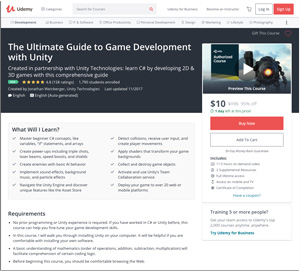
Online learning platform Udemy has partnered with Unity Technologies to create a series of online courses that teach developers how to build interactive 2D and 3D games with the Unity game engine.